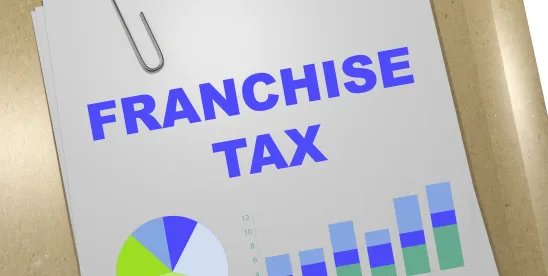The Minnesota Supreme Court has held that market research conducted by an out-of-state company’s sales representatives when visiting in Minnesota exceeded “solicitation of orders” and therefore, the company was not protected from Minnesota state income tax and franchise tax under Public Law 86-272 (“P.L. 86-272”). Uline, Inc. v. Commissioner of Revenue, A23-1561 (Minn. Sup. Ct., Aug. 7, 2024).
Facts: Uline is a Wisconsin-based business-to-business seller of industrial and packaging products. It makes sales principally over the Internet and through catalogs. Through 2013, it operated a distribution center in Minnesota but closed it late that year and opened a new one in Wisconsin. After that, Uline claimed exemption from Minnesota state income tax and franchise tax under P.L. 86-272. Following an audit, the Minnesota Department of Revenue (“Department”) rejected Uline’s P.L. 86-272 exemption claim, finding that it had sufficient nexus with the state to subject it to tax.
Uline employed approximately 24 sales representatives who regularly visited customers in Minnesota to solicit orders. As part of their duties, the sales representatives were expected to record at least two “market news notes” per week and were required to record “sales notes” for every visit to a customer. “Market news notes” included such information as customer product complaints, customer product needs, and what products customers were buying from competitors. The “market news notes” also contained information about Uline’s competitors themselves, including their product pricing.
In 2023, the Minnesota Tax Court found that Uline’s participation in job fairs and recruitment efforts in Minnesota, its sales representatives’ roles in customer complaints and returns, and a company executive’s occasional work from his Minnesota residence did not result in taxable nexus. Nonetheless, the Tax Court upheld the Department’s assessment of tax, finding that the sales representatives compiling and reporting of “market news notes” exceeded the protected “solicitation of orders” activities under P.L. 86-272. This appeal to the Minnesota Supreme Court followed.
P.L. 86-272 and Wrigley: Enacted by Congress in 1959, P.L. 86-272 (15 U.S.C. § 381) prohibits the imposition of state or local income tax on a business whose only in-state activities are the “solicitation of orders” for sales of tangible personal property. The phrase “solicitation of orders” is not defined in the federal law, but in Wisconsin Dep’t of Rev. v. William Wrigley, Jr., a 1992 decision interpreting the phrase, the U.S. Supreme Court distinguished between activities that are “entirely ancillary” to solicitation—that serve no independent business function apart from solicitation—and those that a company has reason to engage in anyway, but that are performed by an in-state sales force.
Decision: The Minesota Supreme Court rejected Uline’s claim that the preparation of market news notes was merely a component of its sales team’s solicitation process, finding that, under Wrigley, making an activity part of a company’s sales process did not necessarily mean it was a protected activity “ancillary to solicitation.” The court proceeded to evaluate the nature of the market news activities and found that, while helpful to Uline’s sales representatives in soliciting orders, they were in the nature of market research, which Uline had good reason to conduct regardless of its in-state sales representatives. Quoting Wrigley, the court held that activities “not ancillary to requesting purchases . . . cannot be converted into ‘solicitation’ by merely being assigned to” sales representatives. Therefore, the market research activities exceeded “solicitation of orders.”
The court also rejected Uline’s alternative claim that the market news activity was de minimis when compared to the sales representatives’ solicitation activities. It concluded that, under Wrigley, the de minimis test is based on whether the unprotected activities in Minnesota were “regular and systematic,” and found that the preparation of more than 1,600 individual market news notes over the two years in issue was “regular and systematic,” not de minimis.
The Minnesota court’s decision reflects the continued vitality of Wrigley, a 32-year-old Supreme Court decision, on the scope of P.L. 86-272. It highlights the hazards to a company’s P.L 86-272 protection that can arise by assigning non-solicitation activities to sales personnel. While there can be reasonable disputes over whether a company’s actual in-state activities exceed “solicitation,” the next frontier under P.L.86-272 is likely to be the legality of enactments by the Multistate Tax Commission and states such as New York that attempt to remove P.L. 86-272 protections for companies that engage in non-solicitation communications over the Internet from outside the taxing state.



 />i
/>i

